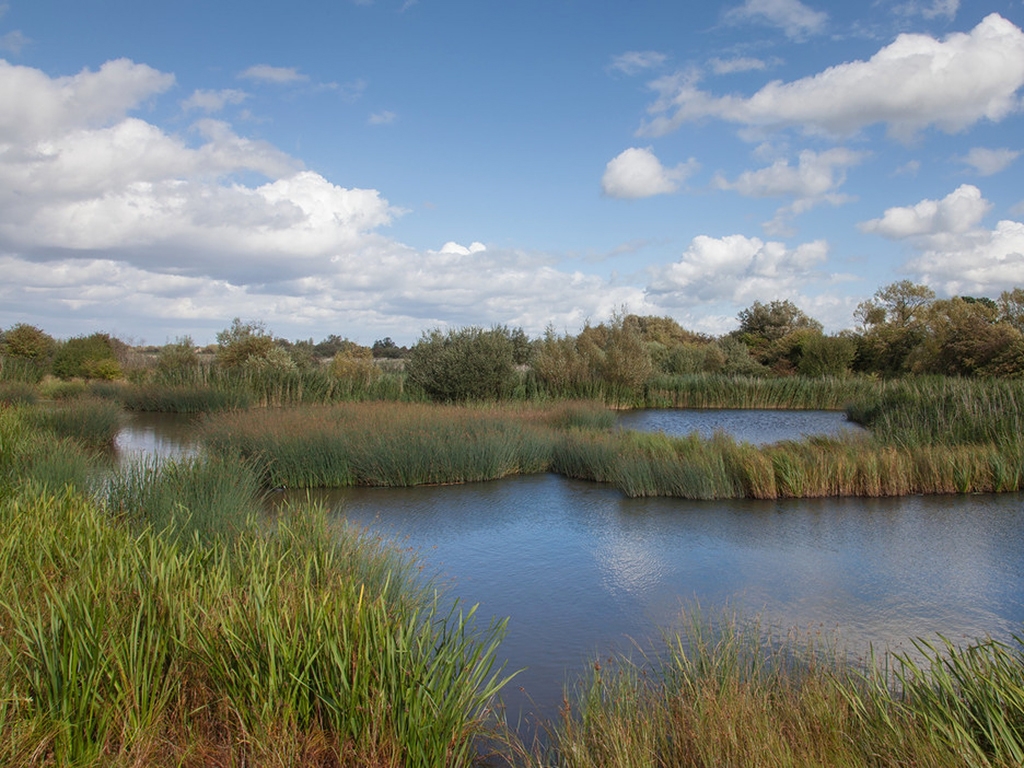MPs hear multiple benefits of using nature to manage floods
 Kevin Peberdy gives evidence to the Environment, Food & Rural Affairs Committee
Kevin Peberdy gives evidence to the Environment, Food & Rural Affairs Committee
Using plants and soil to slow down rainwater flows can protect us from flooding and much more besides, environmental groups have told MPs.
It can also improve water quality, wildlife habitat, provide great outdoor places for people to use, and save costs elsewhere.
The Blueprint for Water coalition, which represents 16 environmental groups including the Wildfowl & Wetlands Trust (WWT), National Trust and RSPB, told the MPs that there are problems with current funding mechanisms which make it difficult for farmers, who manage 71% of the UK’s land mass, to adopt these ‘natural flood management’ techniques.
Blueprint for Water suggest that putting a value on the multiple benefits they provide could help create new funding options. For example water companies paying farmers to use wetland strips to capture and prevent pollution running off their land, in order to offset the water companies’ (and their customers’) costs to clean the water after its been polluted.
Representing Blueprint for Water, the Deputy Chief Executive of the WWT, Kevin Peberdy, told the MP Committee's Future flood prevention inquiry:
“It feels like we’re on the cusp of a new approach to flood management. And I think one that’s exciting to us because it can deal with a lot of issues, not just flooding which we know causes a huge amount of cost and damage every year.
“These habitats can also be good for water quality improvement, for wildlife of course, and great places for people.
“There is talk in the 25 year plan for the environment to have what’s called a ‘catchment director’. Certainly if we’re going to bring in some sort of multi-benefit analysis to the opportunities that each catchment presents, someone’s got to have a co-ordinating view.
“We’d love to see the plan worked up that recognises more of the ecosystem services, the land can provide many services including a sustainable agricultural system, as long as the farmer is incentivised to, for example, change from arable to a more grassland system.
“We definitely need a payment system that recognises all the services that each farm provides. If we can generate a market for those services then we can be innovative. There are lots of sources of funding for all those different services.
“The existing partnership formula that the EA and other authorities apply isn’t suitable for funding natural flood management as we go forward – due to its short-term nature, narrow focus, and a cost/benefit analysis which is based around properties rather than a more diffuse and long term solution; and it’s a single issue, it doesn’t account for the multiple benefits.”


